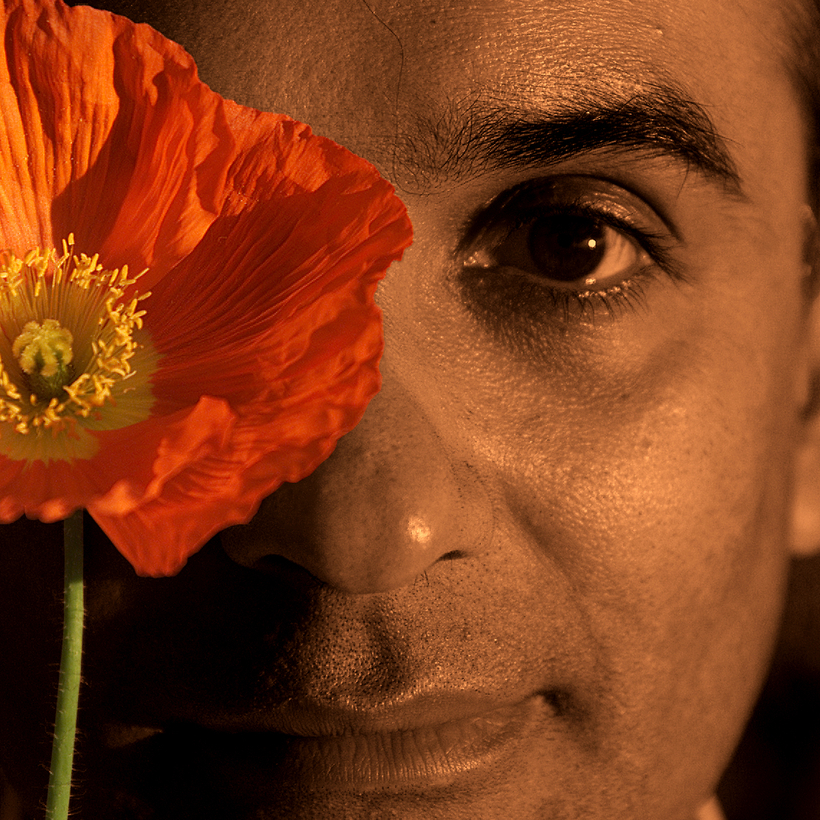“We travel, initially, to lose ourselves; and we travel, next to find ourselves.” This is the opening sentence of a marvelous essay by Pico Iyer called “Why We Travel,” and there is no pithier way to describe what Iyer has spent most of his life doing. Luckily for us, Iyer has also spent much of that time writing about what he has seen and experienced, and so far has written more than a dozen books and novels and hundreds of articles, and has starred in several TED Talks that bear repeat watching.
His latest book, The Half Known Life: In Search of Paradise, is a distillation of sorts of what he has learned all these years, seen through the prism of what defines paradise for us and others. (Spoiler alert: it is not The White Lotus.) Iyer is the loveliest of writers, a person whose prose is in harmony with the man himself: sharp-minded, witty, benevolent, wise, and never for a second ponderous or spiritually meretricious. To read Iyer, initially, is to entertain ourselves, and then, well, the rest is up to you.

